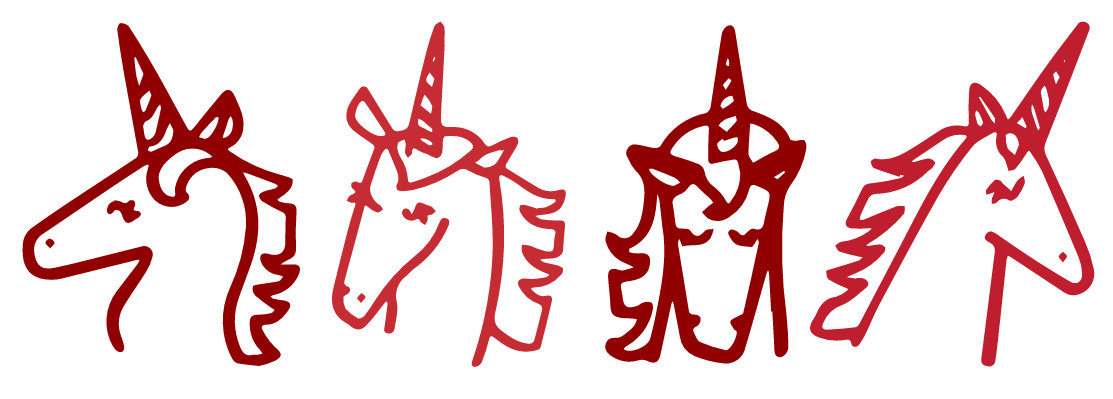UNICORN SIGHTINGS: Meet the current herd
Once exceedingly rare, "unicorns" have proliferated in the last 3 years. Who is in this $1bn valuation club? What do they do? Where are they from? Join me as I take a look at the current herd below.
The term “unicorn” — used to describe a private start-up with at least a $1 billion valuation — was first coined by renowned venture capitalist Aileen Lee in 2013 because such companies were rare and hard to come across. Fast forward to today, sightings of such unicorns are not quite as mythical. In fact, as we wrap up the first quarter of 2021:
🦄 TOTAL NUMBER OF UNICORNS1: ~630
💰 TOTAL CUMULATIVE VALUATION: >$2 TRILLION
🔟 PERCENTAGE OF DECACORNS2: 5%
Here are some interesting findings when looking at this current herd:
Unicorns are being born at an unprecedented pace: Before 2014, appearances from new unicorns were few and far between in the single digits. Shockingly, we have seen more than 120 new companies join the unicorn club each year over the last 3 years. The speed at which unicorns are being birthed is astounding and shows no signs of stopping — we’re only at the end of the first quarter in 2021 and 94 new unicorns have already been minted, outpacing the historical trend significantly.
In our recent State of the Cloud 2021 report, my colleagues and I examine several factors driving the recent rise in unicorns within the cloud industry specifically, including the 1) explosion in cloud multiples, 2) unprecedented company growth rates, and 3) demand and supply dynamics for best-in-class cloud companies.
Unicorns are a global phenomenon: With thriving entrepreneur communities and ecosystems across the world, it is not surprising that unicorns can be found globally! While markets such as the US and China still lead the way in terms of the sheer number of unicorns, this is a great reminder that innovation happens in many different geographies and valuable companies can be built away from locations which are perceived to be “traditional” entrepreneurship hubs.
Unicorns are multi-talented across verticals and industries: Many assume unicorns to come from a tech heritage because of how often the word is bandied about in Silicon Valley circles. But in a paradigm where “every company is a tech company”, it is important to understand the nuance behind the category origins of these unicorns. Software, fintech, consumer, AI, and health represent the top categories for unicorns by count; mirroring wider trends in consumer behavior and enterprise digital transformation.
Interestingly, from a valuation perspective, fintech unicorns have the largest representation which is an indication of how bullish investors are on these markets. As an example of this, fintech start-up Stripe recently announced its latest funding round last month, with its valuation tripling in less than a year to $95 billion. Stripe is now the most valuable start-up in the US.
Congrats to all the founders and teams that have hit the unicorn milestone - this is an incredible feat! I’m looking forward to seeing many more unicorns out in the wild!
The information set forth in this post is provided for informational and discussion purposes only. The views expressed herein are the author’s alone and is not intended to be, and shall not be regarded or construed as, a recommendation for a transaction or investment or financial, tax, investment or other advice of any kind. While certain information contained herein has been obtained from sources believed to be reliable, the author makes no warranty or representation regarding any such information or the data presented in such materials. The author assumes no liability for this information and no obligation to update the information contained herein in the future.
Raw data set from CB Insights: https://www.cbinsights.com/research-unicorn-companies






